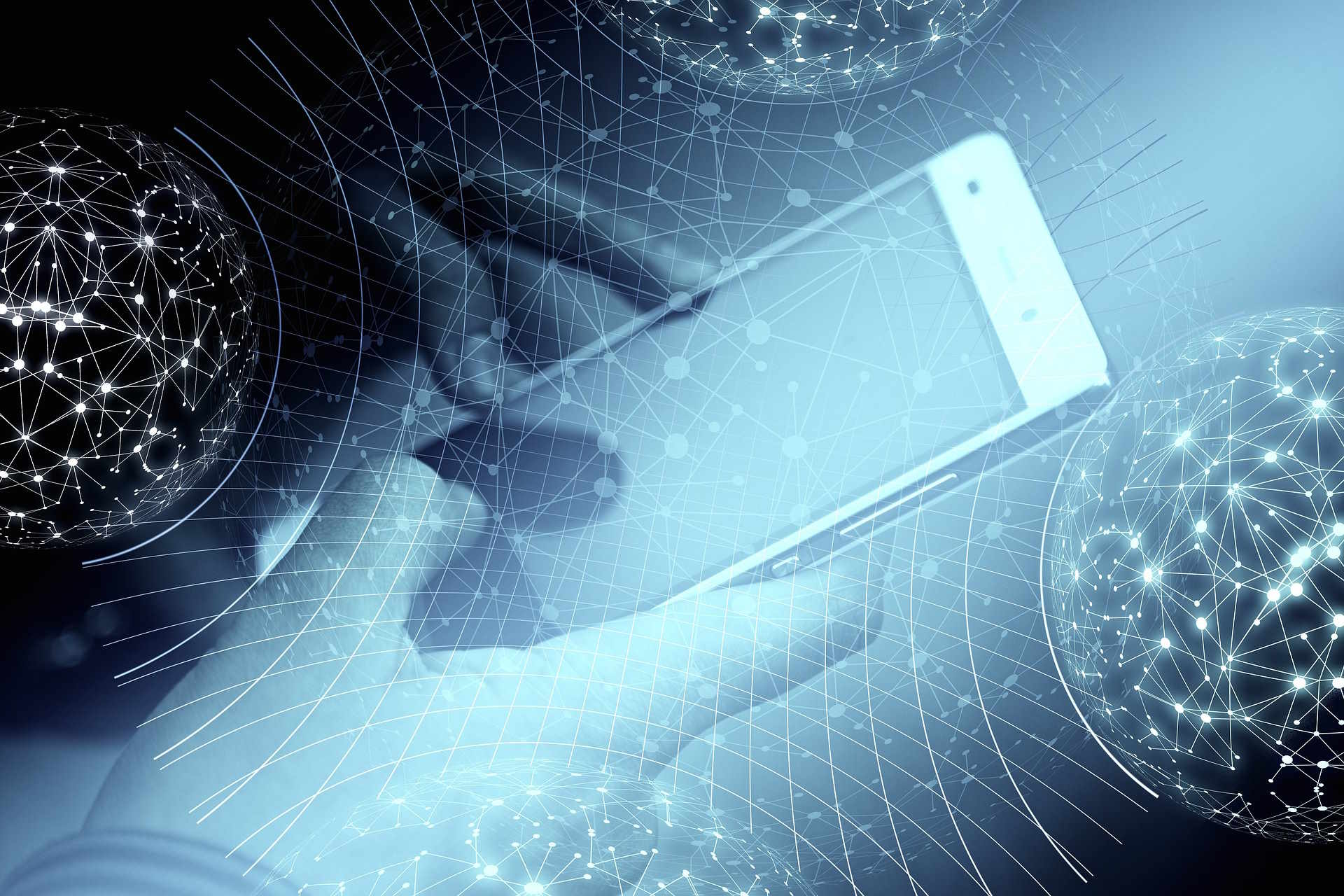Title: The Whisper Networks Reshaping Workplace Dynamics
Introduction: In the shadows of corporate America, a powerful force is quietly reshaping workplace dynamics. Whisper networks, informal channels of communication among colleagues, are revolutionizing how information flows and influencing organizational cultures. Read below to explore this fascinating phenomenon and its far-reaching implications for modern work environments.

Digital Age Amplification
The advent of digital communication tools has supercharged whisper networks, allowing them to operate with unprecedented speed and reach. Messaging apps, social media platforms, and encrypted communication channels have become the new watercoolers, enabling employees to connect and share information across departments, hierarchies, and even geographical boundaries. This digital amplification has transformed whisper networks from localized phenomena to powerful, organization-wide forces that can rapidly disseminate information and shape collective opinions.
The Double-Edged Sword of Unofficial Communication
While whisper networks can serve as vital support systems and sources of truth, they also present challenges for organizational transparency and fairness. On one hand, these networks often bring to light issues that might otherwise remain hidden, such as workplace harassment or unethical practices. They provide a voice to those who might feel silenced by official channels and can catalyze important organizational changes. On the other hand, the unofficial nature of these networks can lead to the spread of misinformation, exacerbate workplace divisions, and undermine formal communication structures.
Reshaping Power Dynamics
One of the most significant impacts of whisper networks is their ability to reshape power dynamics within organizations. By circumventing traditional hierarchies, these networks can empower employees at all levels to access and share information that was once the exclusive domain of upper management. This democratization of information can lead to more informed decision-making and a flattening of organizational structures. However, it also challenges established leadership paradigms, forcing companies to reconsider how they manage information flow and employee engagement.
The HR Dilemma: Navigating the Informal Landscape
Human Resources departments find themselves in a complex position when it comes to whisper networks. While these unofficial channels can provide valuable insights into employee concerns and organizational issues, they also operate outside of formal HR processes. Progressive HR professionals are beginning to recognize the need to engage with these networks, not to control them, but to understand the underlying issues they reveal. This approach requires a delicate balance between respecting employee privacy and addressing systemic problems that may be bubbling beneath the surface.
Ethical Considerations and Legal Implications
The rise of whisper networks raises important ethical and legal questions for organizations. How should companies respond to information shared through these unofficial channels? What are the implications for privacy and confidentiality? As these networks become more influential, organizations must grapple with the legal ramifications of actions taken based on unofficially shared information. This evolving landscape is pushing companies to reevaluate their policies on information sharing, whistleblowing, and employee communication.
Fostering a Culture of Open Communication
Forward-thinking organizations are recognizing that the prevalence of whisper networks often points to underlying issues in corporate culture. Rather than attempting to suppress these networks, some companies are working to create more open, transparent environments where employees feel comfortable sharing concerns through official channels. This approach involves cultivating a culture of psychological safety, where diverse voices are heard and respected, and where feedback is actively sought and acted upon.
The Future of Workplace Communication
As whisper networks continue to evolve and exert influence, they are likely to play an increasingly significant role in shaping workplace dynamics. Organizations that can effectively engage with these networks while maintaining ethical standards and fostering open communication will be better positioned to navigate the complexities of the modern workplace. The challenge lies in striking a balance between leveraging the insights these networks provide and ensuring that formal communication channels remain effective and trusted.
In conclusion, whisper networks represent a powerful and complex force in today’s work environment. By understanding their role and impact, organizations can harness their potential to create more inclusive, responsive, and dynamic workplaces. As we move forward, the ability to navigate the delicate interplay between formal and informal communication channels will be crucial for organizational success and employee well-being in the ever-evolving landscape of modern work.




